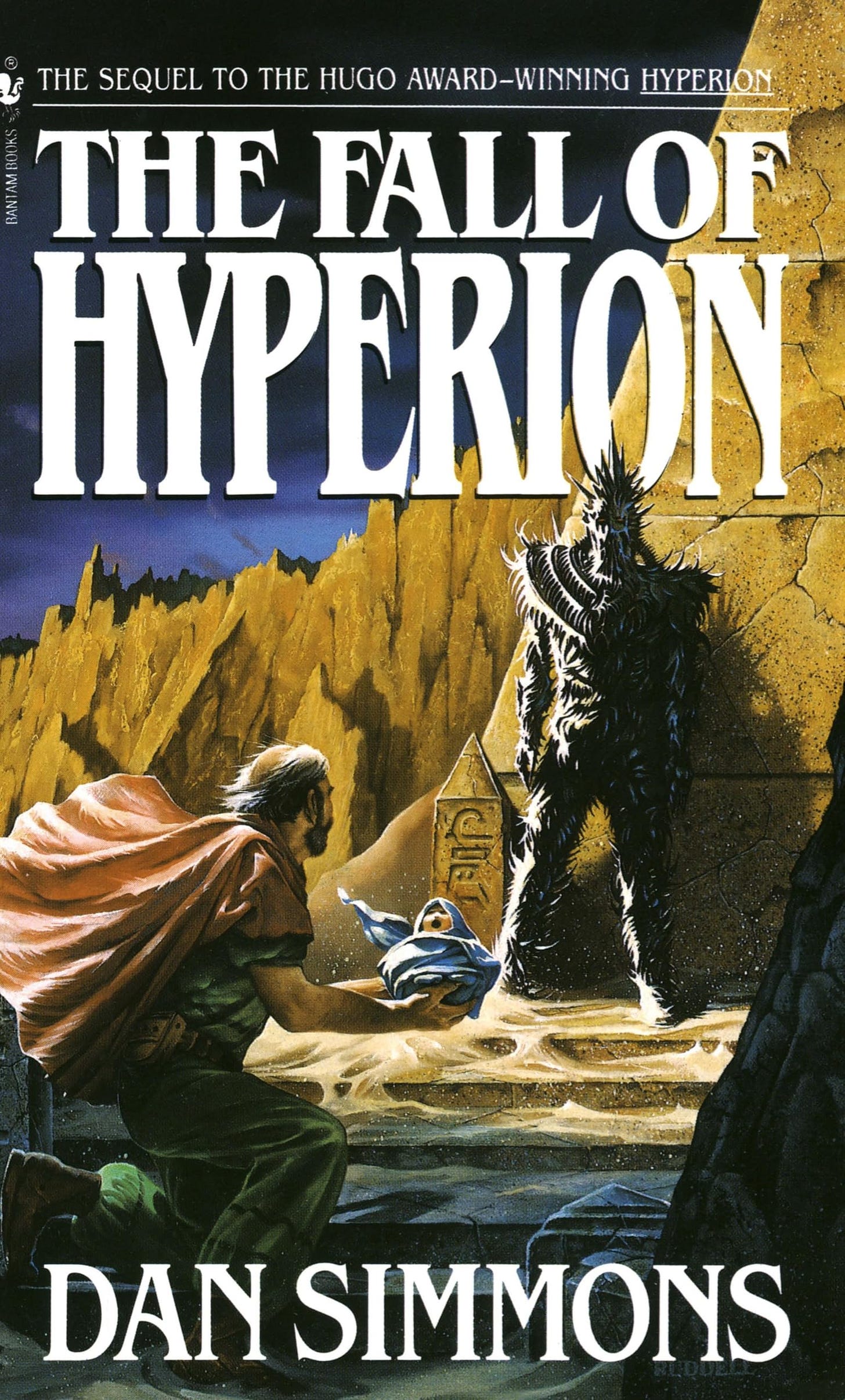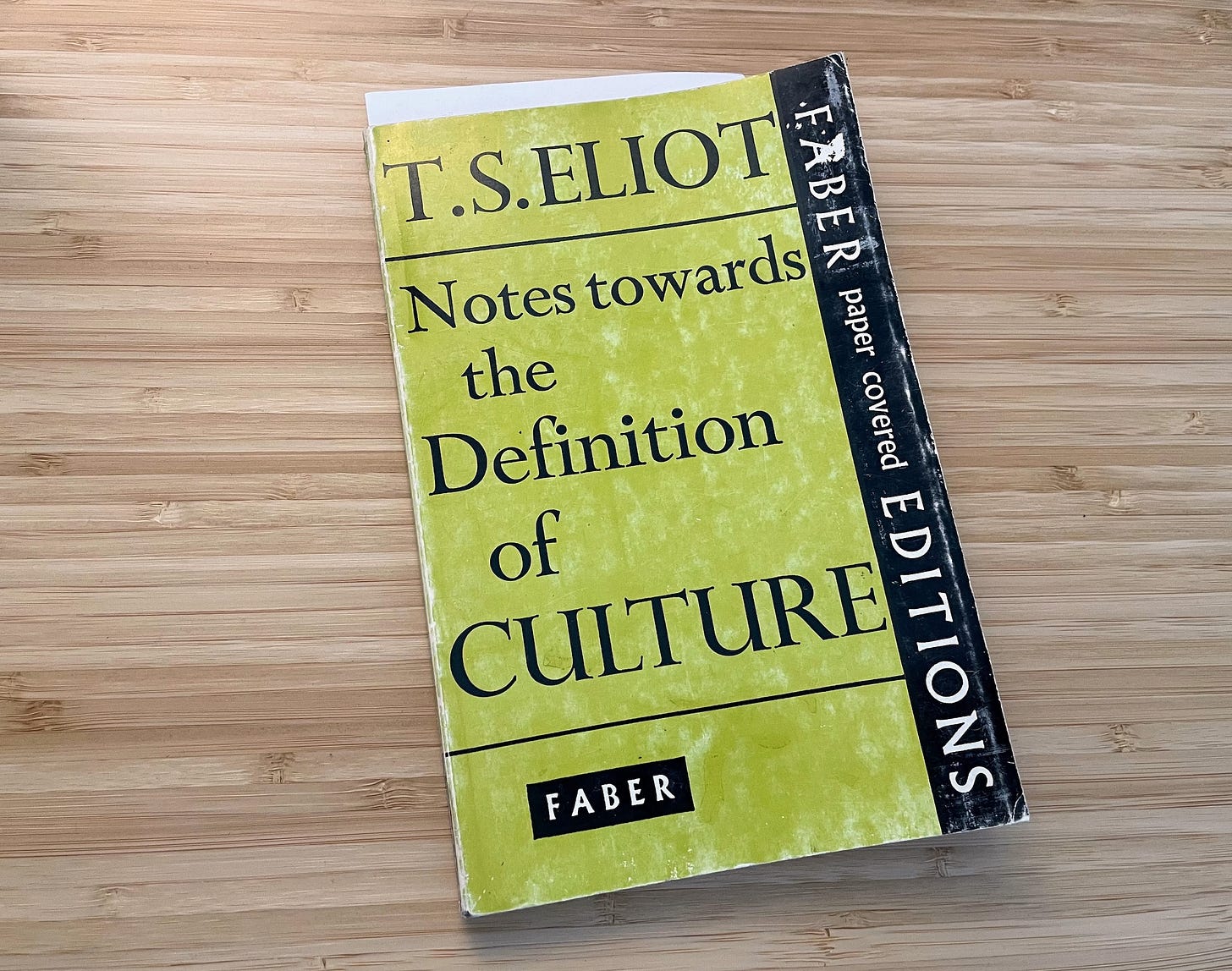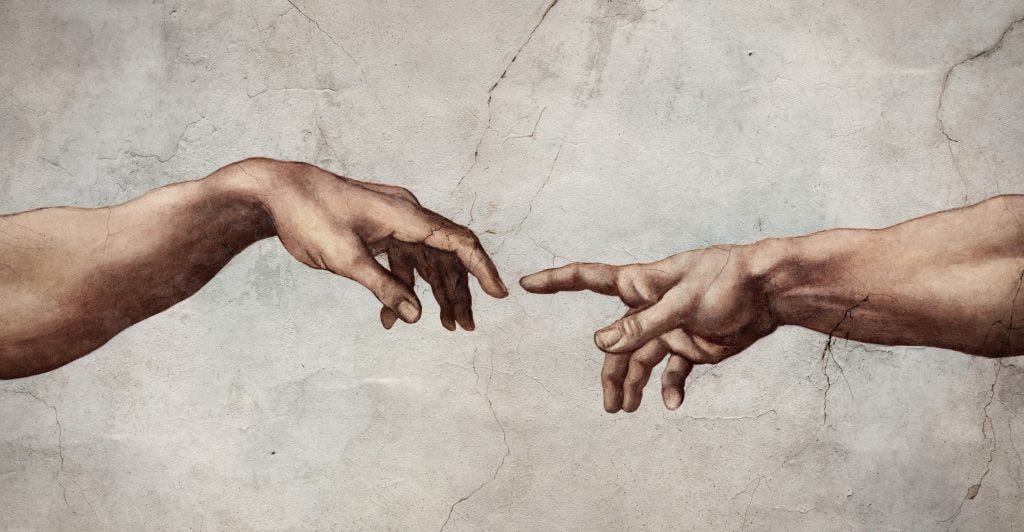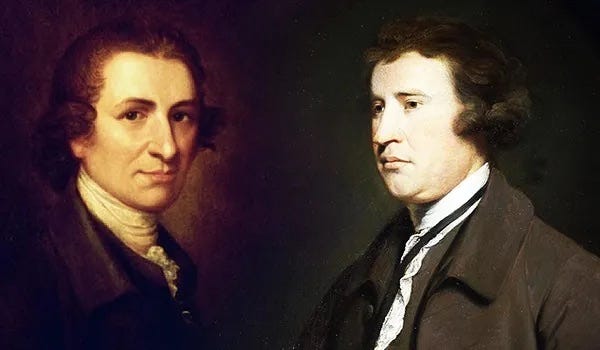Recent reads
The books I read the first few months of 2025
I’ve been reading some interesting stuff the beginning of this year. I thought I’d do a quick update on recent books for the first few months, and some brief takes. Some fiction, some non. Some old, some new. My usual eclectic mix of too many books being read simultaneously.
Here we go.
The Fall of Hyperion
Dan Simmons, 1990.
This series is one I’ve had on my list for ages, and just started digging into last year. The first entry in the Hyperion Cantos appeared on my Best Books of 2024 list, and I’d highly recommend it for any fiction readers, but particularly fans of sci-fi.
Part 2 continues the story of the pilgrims on their journey to the Time Tombs on Hyperion, but does away with the same episodic Canterbury Tales structure from the first book. Didn’t have the same awe-inspiring surprise of the first one, but it does build on the universe in satisfying ways. We learn a lot more about a few key mysteries, and there’s plenty more to be discovered in part 3 of the tetralogy.
Turning Pro
Steven Pressfield, 2012.
If you read Steve Pressfield’s books and don’t feel inspired (or otherwise ass-kicked) to get out of your chair and get to work creatively, your head’s probably not really in it. Turning Pro builds on his fantastic magnum creative opus, The War of Art.
In that book he was on a quest to convince you that what he calls “Resistance” is a universal force, one which every person faces pursuing creative or important endeavor.
Here he builds on the Resistance idea by differentiating how the professional handles the work compared to the amateur. The pro doesn’t sit by and let Resistance control him through procrastination or distraction or writer’s block. The pro gets down to business, puts in the time, and treats the work as work, not a hobby. To the pro there’s no such thing as “I don’t feel ‘inspired’ today.” Pressfield’s of the mind that creativity is a thing you pull from yourself through grit, work, habit, behavior, rather than some source of divine inspiration. Inspiration comes through the process of treating it like a job. Show up, do it, go home.
Pros sit down and put in the hours. It’ll certainly make you think about how seriously you’re really taking your passions.
Notes Towards the Definition of Culture
T.S. Eliot, 1948.
I can’t remember for the life of me where I saw the reference to this one. Eliot is mostly known as a poet, so this work of social commentary is outside his oeuvre — at least that of his earlier life.
In a few dozen pages, Eliot argues that true culture is a complex, organic whole that develops over time within a society, rooted in shared religion, traditions, and institutions. Culture cannot be artificially engineered or mass-produced, and that its survival depends on a healthy hierarchy, intellectual and religious continuity, and a healthy interplay between social classes. He also warns against the flattening effects of secularism and totalitarianism, advocating instead for the preservation of cultural diversity and spiritual depth as essential to a civilization’s vitality.
This one deserves a deeper dive in the future. Stay tuned.
I found the whole book available to read online here.
American Covenant
Yuval Levin, 2024.
This is Yuval Levin’s revisitation of the Constitution: its structure, its history, its reason for being architected the way that it is.
Article by article, he breaks down the purpose of the intricate web of counterposed forces. Madison gave us a wonderfully complex-yet-simple foundation to build on. One that bestows clear authorities while restraining the branches through each’s relationships to the others.
Yuval argues that the Constitution is not the source of our political discord but its solution. It was designed to not to make us all one big unified whole. It assumed a level of division as a default. Therefore, Madison (and others) architected a framework to channel division into constructive disagreement and foster unity through compromise.
We’re not all supposed to agree. We’re supposed to disagree, and that’s the point. The Constitution encourages negotiation and coalition-building to bridge diverse perspectives and temper the worst flare ups of all extreme factions.
He levels a harsh critique on contemporary politics for straying from these ideals, particularly through excessive partisanship and over-reliance on administrative power. Blending historical analysis with optimism, Levin presents the Constitution as a timeless framework for repairing America’s fractured civic culture and rebuilding a shared sense of purpose.
Believe
Ross Douthat, 2025.
This book states its thesis on the tin in the subtitle: why everyone should be religious. I’ve heard Ross on 3 separate podcast interviews discussing it, so was curious enough to check it out.
I listened to it in audio form in one shot, on a long drive back from South Carolina, and thoroughly enjoyed it. Douthat makes his case strongly, with convincing perspective, without belaboring or insulting his target convert. Douthat himself is a devout Catholic, but here he makes no particularly strong case for Christianity, specifically. He grants that faith in many forms fills the “God-shaped hole” in our psyches, and serves as means of social and cultural formation that we lose or degrade at our peril.
I’ve never been a regular churchgoer, but I’m sympathetic to and greatly value religious history and tradition. I’d recommend this one, even for the committed atheist.
The Lion, the Witch, and the Wardrobe
C.S. Lewis, 1950.
I’m on something of a Lewis kick lately, having read his philosophical work The Abolition of Man last year (subject of an upcoming RE issue), and in the middle of The Screwtape Letters.
I read the first few parts of Narnia 30 years ago, yet never finished the whole collection. This time I’m going back through in publication order.
Though the Chronicles are ostensibly children’s books, there’s a satisfaction in the subtext reading as an experienced adult. The combination of myth, allegory, and the fairy tale make for a richly layered read. I’m already onto Prince Caspian. Now I want to start over reading them with the kids.
The Great Debate
Yuval Levin, 2013.
After reading Yuval on the Constitution, I decided to segue directly to one of his earlier books. As it subtitle describes, The Great Debate gives the historical account of the violent disagreement between Thomas Paine and Edmund Burke and their perspectives on the American and French Revolutions.
In short, Paine argued for utopian societal reboot in France, and favored the revolutionaries’ desire for a ground-up rebuild of French society. Burk, on the other hand, argued for gradual change, a preservation and respect for tradition, and warned against the dangers of ripping up the social fabric long fought for. He’d rather reform the institutions of government than completely rip them to shreds.
Their disagreement speaks to the opposed views on human nature, the role of institutions, and the means through which one should pursue change: through total revolution or gradual change?
Others in progress
The Roots of American Order, Russell Kirk – This one is rich and deep. It’s taking me a long time to read, but it’s one of those books with a Wikipedia rabbit hole on every page. If books are worth reading, they’re worth reading carefully.
Crime and Punishment, Dostoevsky – I thought Russian literature would be more impenetrable, but C&P is shockingly readable (shocking to me, anway). A page-turner in many parts. Thoroughly enjoying when I sit down with it.
The Timeless Way of Building, Christopher Alexander – Another one I’m reading carefully, like studying a textbook as much as reading a work of nonfiction. I wrote some on form, context, and fit partially inspired by reading Alexander lately.
I hope to be back midsummer with another update on what I’ve read this year.






